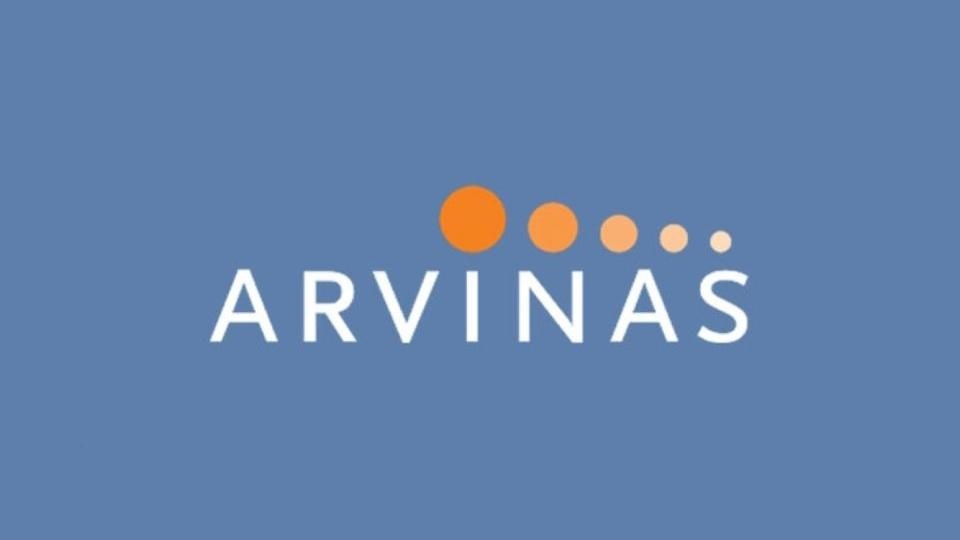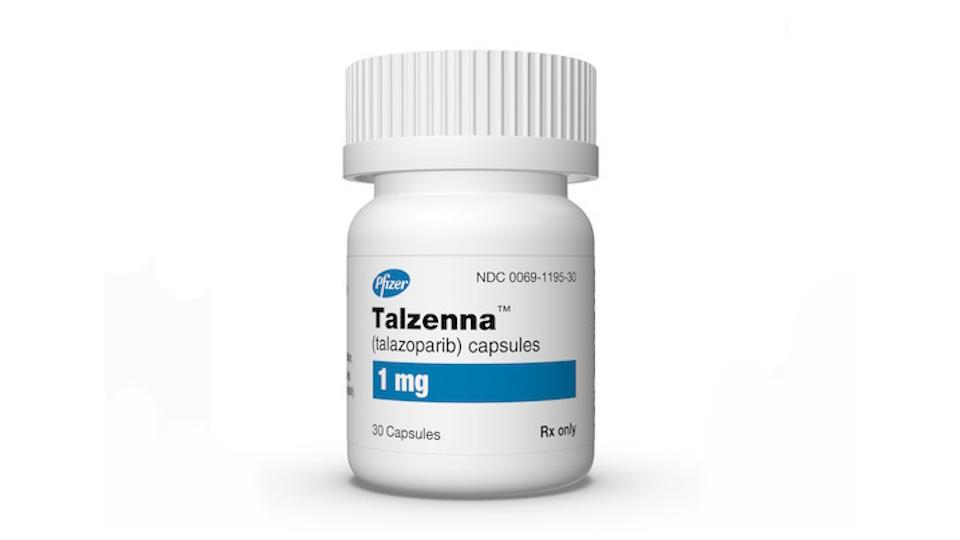Novartis adds clinical-stage protein degrader from Arvinas

Novartis has accelerated its efforts to develop protein degrader therapies by licensing a prostate cancer candidate from Arvinas on the brink of starting phase 3 trials in a deal worth over $1 billion.
The pharma group is paying $150 million upfront for rights to ARV-766, an oral androgen receptor (AR) protein degrader that generated positive results in a phase 1/2 trial reported at the last ESMO cancer congress and, according to Arvinas, could have broad potential in both late-and early-line prostate cancer treatment.
Novartis is promising another $1.01 billion in milestone payments tied to the development, regulatory approval, and commercial performance of ARV-766, and has also taken an option on AR-V7, another AR degrader in preclinical development.
Arvinas says a key characteristic of ARV-766 is its ability to overcome resistance mechanisms that tend to limit the effectiveness of current AR therapies for prostate cancer, like Astellas/Pfizer’s Xtandi (enzalutamide) and Johnson & Johnson’s Zytiga (abiraterone), by degrading mutant as well as unmutated ARs.
It is a follow-up to Arvinas’ earlier AR degrader bavdegalutamide, which showed efficacy in metastatic castration-resistant prostate cancer (mCRPC) in a phase 1/2 study, but which also diminished efficacy in tumours with a specific AR mutation known as L702H.
ARV-766 lacks that vulnerability and also offers a superior tolerability profile, so supplanted bavdegalutamide as Arvinas’ lead AR pipeline candidate. It is now being prepared for a phase 3 study in mCRPC patients previously treated with hormonal agents like Zytiga and Xtandi, while earlier-stage studies are exploring use of the drug before these therapies.
Novartis has been building a position in protein degraders - for example, signing a $1.3 billion alliance with Dunad Therapeutics in 2021 - but ARV-766 will be its first clinical-stage programme.
The protein degrader builds its growing position in prostate cancer, led by radionuclide therapy Pluvicto (lutetium Lu 177 vipivotide tetraxetan), which is already approved for PSMA-positive mCRPC after the failure of hormonal and chemotherapy and is expected to be filed with the FDA soon for use in the pre-chemo setting.
“We believe the expertise and scale of Novartis will broaden the development of ARV-766 and its potential to be a first- and best-in-class treatment for patients with prostate cancer,” said Arvinas’ chief executive, John Houston, in a statement on the deal.
Arvinas’ most advanced programme is vepdegestrant (ARV-471), in phase 3 for hormone receptor-positive, HER2-negative breast cancer, which was licensed to Pfizer in 2021 for a massive $1 billion upfront and another $1.4 billion in milestones.













